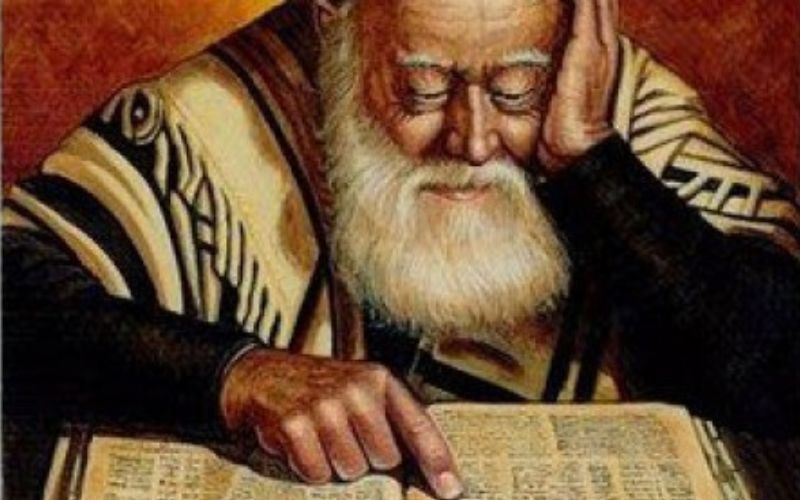Photo by IslamiCity

“To look at the godliness in others, which we all share, that, I think, is there. But it has to be cultivated, because our selfishness, our instinctive tendency to put ‘number one’ first. To get the job that other people won’t have. To look after me and mine. That is very strong in us too. The ego is very strong. When our egos are bruised, we lash out. So it’s hard work.”
-- Karen Armstrong, religious historian and founder of ‘The Charter for Compassion’
This is a fascinating dialogue with British historian Karen Armstrong, winner of the TED Prize and best-selling author of The History of God and Fields of Blood: Religion and the History of Violence. A one-time nun, Armstrong grew deeply disenchanted with religious life, only to evolve into a brilliant religious historian, based in London. She weaves together themes of Christianity, Judaism, Islam, Buddhism and other traditions. The West, says Armstrong, often misinterprets Islam, because the extremists who try to hijack this faith violate its fundamental precepts. She launched a fascinating project entitled The Charter for Compassion, with followers in more than 180 countries, calling on people in all religions to reject as illegitimate any interpretation of scripture that breeds violence or hatred. Our conversation was recorded at the 2016 Festival of Faiths gathering in Louisville, Kentucky.
See original source: Karen Armstrong’s Compassion Campaign

